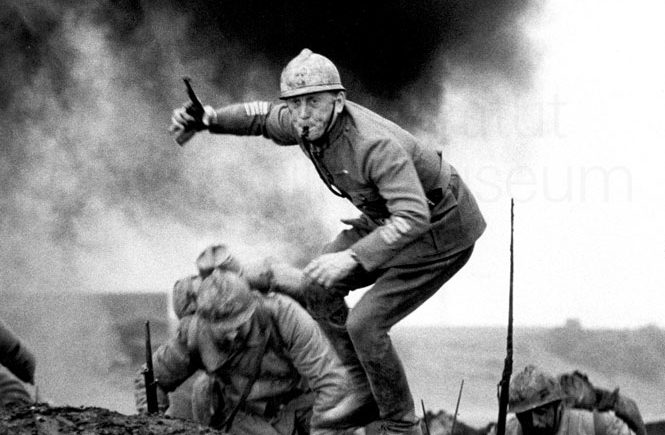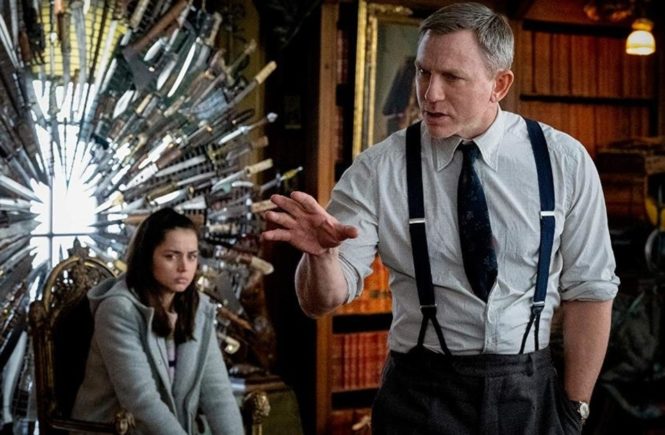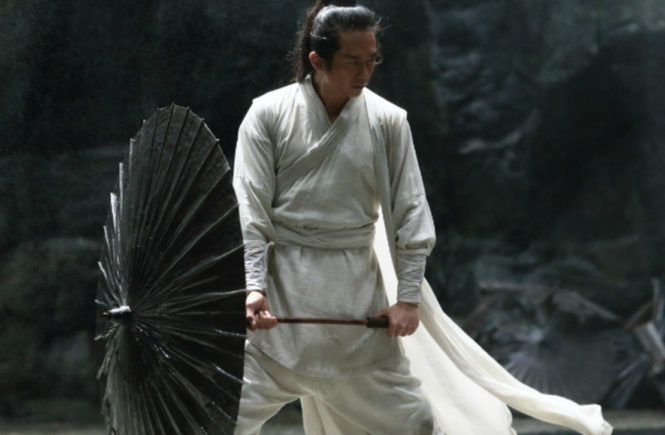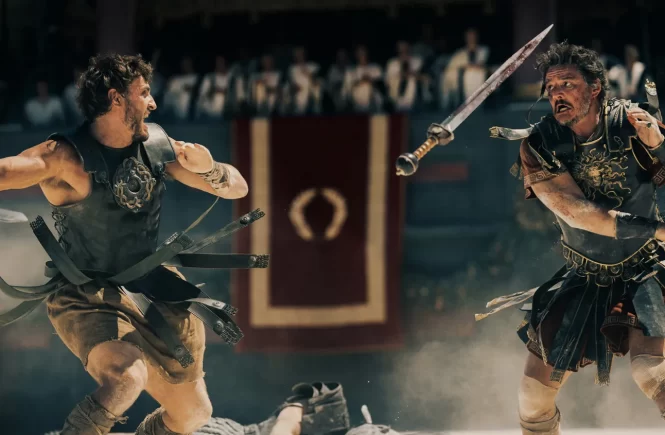Originally written August 15th, 2015
Stanley Kubrick’s “Paths Of Glory” ends on a note of restored humanity: riled French soldiers woot and pound their tables in a restaurant at the sight of Susanne Christian, a “German pearl washed ashore by the tides of war”. The proprietor who introduced her admits that she doesn’t have much talent but has a voice unlike any other, the men get intoxicated by this and urge her to sing. So, with tears running down her cheeks, she sings “The Faithful Hussar”. Then the men no longer bark, instead they hum along to the tune and lock their eyes on the voice of Christian, and now they have tears running down their cheeks.
This was never in the book, Paths of Glory, but with this one scene Kubrick had summed up his film and gotten to the core of military warfare. The story is corrupt, bleak and leaves our protagonist, Col. Dax (Kirk Douglas), distort. But this scene catches him smiling.
55% of Col. Dax’s troops are estimated to be dead by the time he takes the Anthill, an order given to him by General Mireau (George Macready); who’s scar stretches across the side of his face and if there’s anything nastier than his scar, it would be him. He’s a man who says that his men are worthier than a promotion and finds it adequate to fire at his own men in the trenches because they would not move. The attack of Anthill ends with the men scurrying back to their trenches and Gen. Mireau, in hopes to make an example, orders Col. Dax to ask his officers to choose 3 men to face cowardice charges with the penalty of death.
Col. Dax argues that the attack was just impossible and that the charges are too high but the bright high walls of the French palaces loom over those of the dark and muddy trenches causing one man to be randomly chosen, another because he is socially unacceptable, and the third because he had witnessed the cowardly nature of his superior officer.
Normally, during the time of release, a commercially successful film would have a happy ending. Kubrick didn’t give “Paths of Glory” a happy ending but instead concluded that evil moronic men will continue to rule while the hearts of true men get twisted with the sharp ends of bayonets in useless attacks. It ties the movie together and got itself banned in France till 1975 because of the way it depicted French generals.
While “The Killing” put Kubrick on the map this was the film that welcomed him into the hall of great directors. The film was gorgeously shot in black and white by George Krause. Kubrick would later go on to enhance his style but with this film it seems that some shots were there to purely strike you emotionally.
The scene of the charge on Anthill proves to be one of these. It’s a long shot that showed Douglas pushing forwards as his men engulf him and then slowly we see the numbers fall and the screen clear up to reveal only a few men still charging forward.
If you observe war films these days, that take place in Iraq or Afghanistan, there are a lot of cuts between scenes that make the action confusing and only permit them there for entertainment rather than horror, I’m looking at you “Green Zone”. But throughout “Paths Of Glory”, most of the tension is held between these shots and its more about the darkness of war rather than blasts of blood that scamper across the frame. I sometimes think about how the shot of Anthill would be done today, then I realize that nobody could have done it better than Kubrick.
This was one of the high points in Douglas’s career, he gave a hard-boiled performance while at the same time gave Kubrick something to promote to get money for this film. The thing is many of the films that Kubrick made were movies that nobody really wanted to make.
“Paths Of Glory” may take place in WW1 but the loathsome justice dished out by the court Marshall and the scoundrel Gen. Mireau don’t seem to be a world away. It’s a timeless piece that’s never going to grow old because war is never going to grow up.





